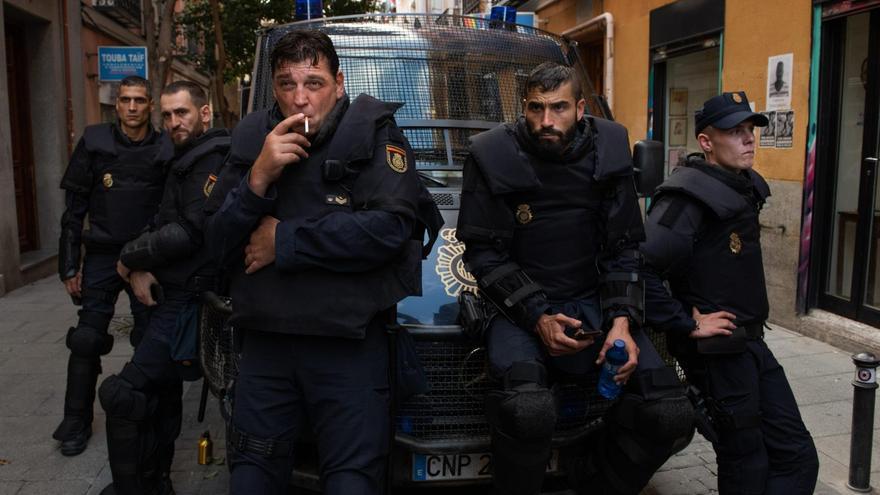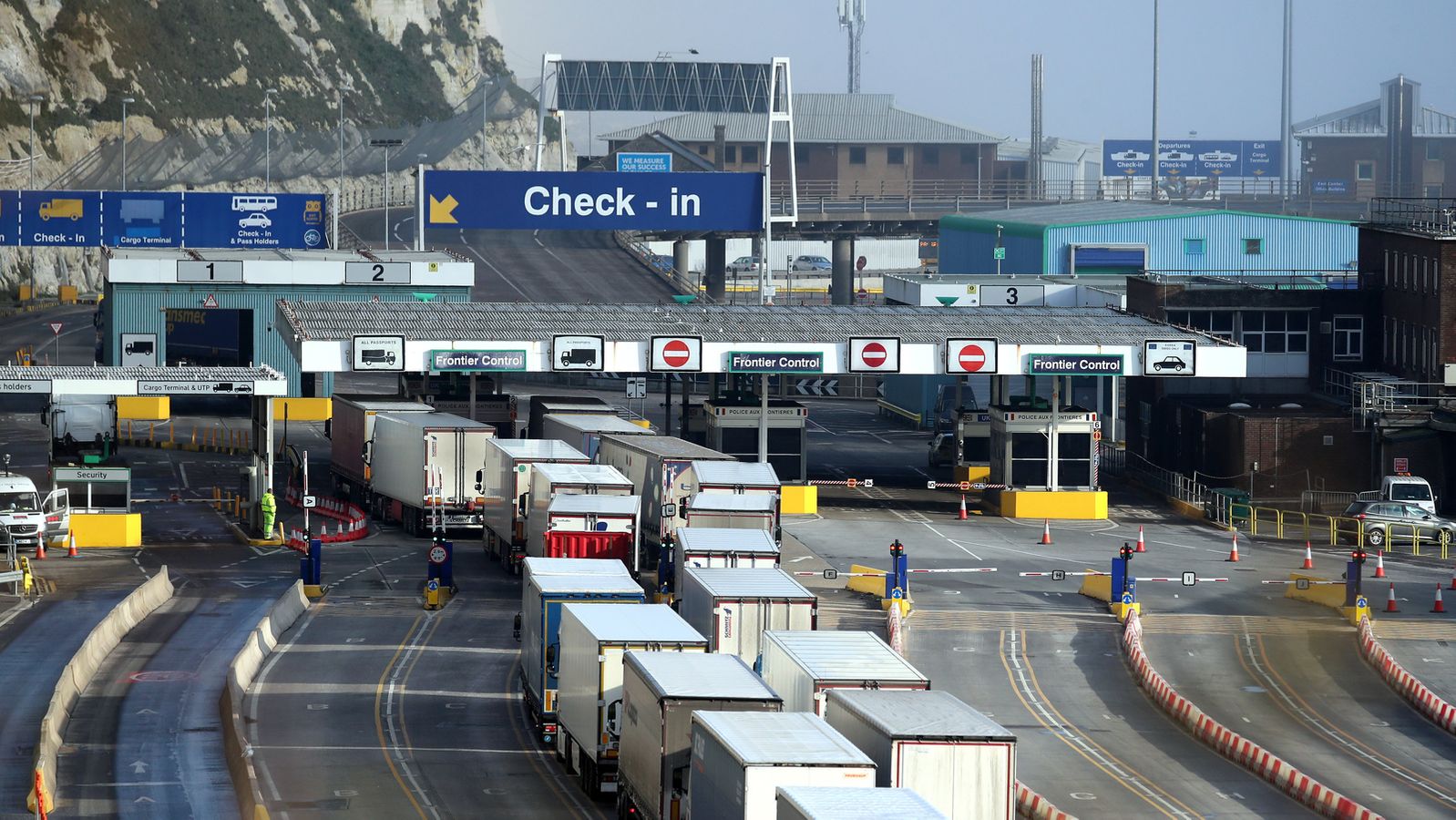–
“Editing is knowing how to tell stories with images that other people have recorded.” This is how EFE defines its work Alberto del Campo, responsible for two of the most successful series of the last year: ‘Homeland’ and ‘Anti-riot’.
Despite the work of the assemblers tends to go very unnoticed For the general public, their work is essential to get a good movie or series. “What we do is put in images a written text that has come to life thanks to the actors and the filming, and that work is very difficult to assess, so I think it has little recognition,” he says.
After breaking into the national scene with ‘Stockholm’ in 2013, have two Goyas for ‘May God forgive us’ (2017) and ‘The kingdom’ (2018), and nominated for Oscar for the short ‘Mother’ (2019) as a producer, Del Campo (Soria, 1981) confesses that his work “is quiet”, since it “takes place in a room away from the hustle and bustle of a shoot.”
“It would be very difficult for me to do my job and cut plans if I saw the effort that they entail live”
But “it is not easy” to string together the scenes, make cuts, add and polish sequences without losing the soul that directors seek, he acknowledges.
So prefers to stay out of the filming in order to do his job in an objective way: “It would be hard for me to do my job and cut shots if I saw live the effort involved, the extra hours of shooting and the economic cost. I prefer to have a clean mind that allows me to say this sequence is very beautiful but it does not make sense and remove it without problem “, he details.
The editor feels “very lucky” to have been able to participate in the work of the two most successful series last year, “Patria” (Aitor Gabilondo, Félix Viscarret and Óscar Pedraza) and “Anti-riot” (Rodrigo Sorogoyen), and has an impact on that on a “personal and professional level it has been a great pleasure and has marked an evolution”.
“‘Patria’ was much more difficult to mount than ‘Riot Control'”
Both series have been treated at the time of production and filming as a movie, that is, they have had “the freedom to work” as they wanted, which allowed them to “take risks” and be able to “try different things”. “‘Patria’ was much more difficult to mount than ‘Riot Control’, for the simple reason that it is told in two times, past and present, and with a past that advances on top. There are also many characters, many internal narrative threads, so it was difficult to assemble and select all the sequences to convey what we wanted. The difficulty was there in capturing well all the feelings that the characters have, “he explains.
From “Anti-riot” highlights that being more linear the narrative was simpler. “The difficulty here was that it is a series that prints a lot of tension, the episodes are very frantic to generate the adrenaline that the protagonists live at that moment. We choked on a couple of sequences, but between the three editors we were able to solve it quickly”, account.
Because in series there are usually several editors due to the greater volume of work compared to a feature film.
“We are working on alternate chapters. Then, there are also differences between series. There are the platform series, which are very well cared for and already resemble a movie, and the desktop series, which go faster and do not have as much assembly time,” he says. .
The editor, who entered the audiovisual world wanting to be a director, affirms that “thanks to new technologies” his work is “easier” to carry out, since it is not necessary that they are all in the same space-time, but that they can work from a distance. Something that, in part, has allowed him to continue his work during the coronavirus quarantine.
Del Campo knows a lot about cinema and is always ready to sew stories without the viewer noticing. You are now embarking on ‘Stories to Not Sleep’, the new version of the emblematic Spanish series by Chicho Ibáñez Serrador.
– .


